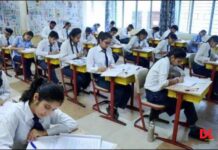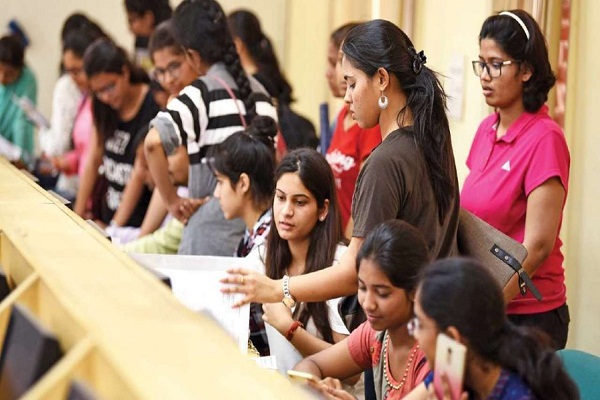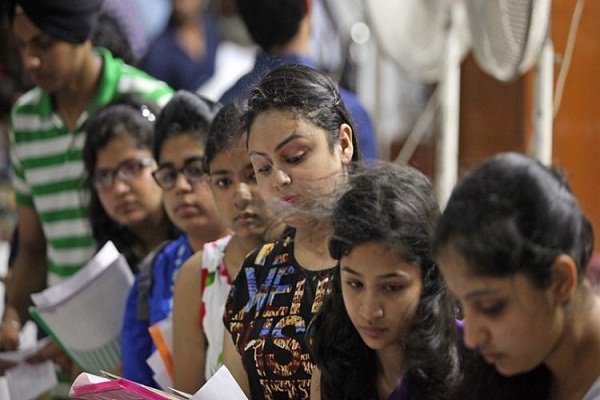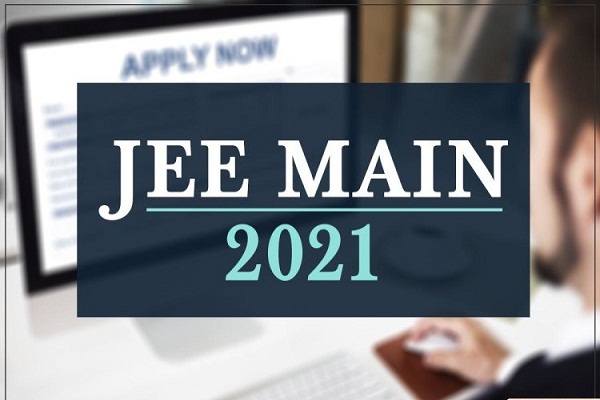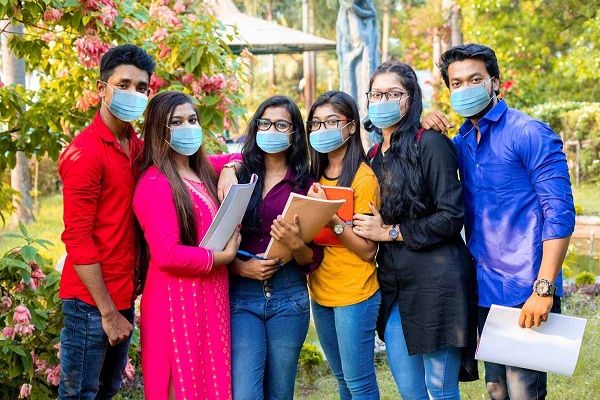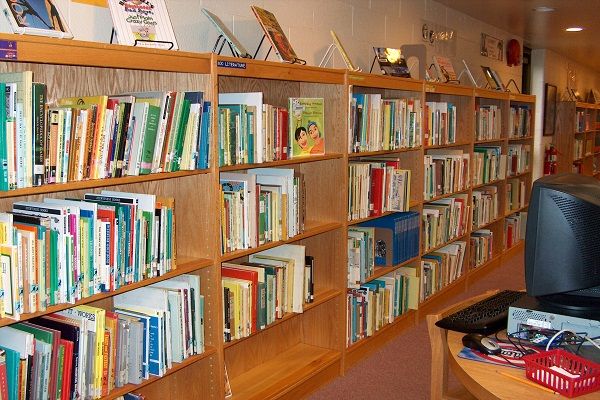The University Grants Commission (UGC) solicited contributions from institutions and academics for the government’s online learning platform, SWAYAM.
The UGC asked professors and institutions to “express their interest” in designing and teaching 194 Bachelor (UG) courses in human and social sciences and 155 UG courses in natural sciences. Subjects in which courses are sought include geography, psychology, economics, English, Hindi, and Sanskrit for humanities and social science courses. For science flow, subjects are chemistry, computer science, math, physics, and environmental science.
Also read: UGC ask deemed to be universities to not use term university
Through the development of MOOCs, the Faculty will be able to “improve their academic results for professional advancement” and learn to “develop capacities through the use of ICT for teaching and learning”. In September 2020, the UGC had also requested “expressions of interest” for 171 courses in human and social sciences. Topics included history, political science, business, sociology, public administration, and underground-level anthropology.
With COVID pandemic, the demand for online courses have gone up.


